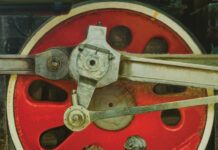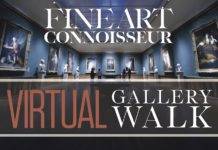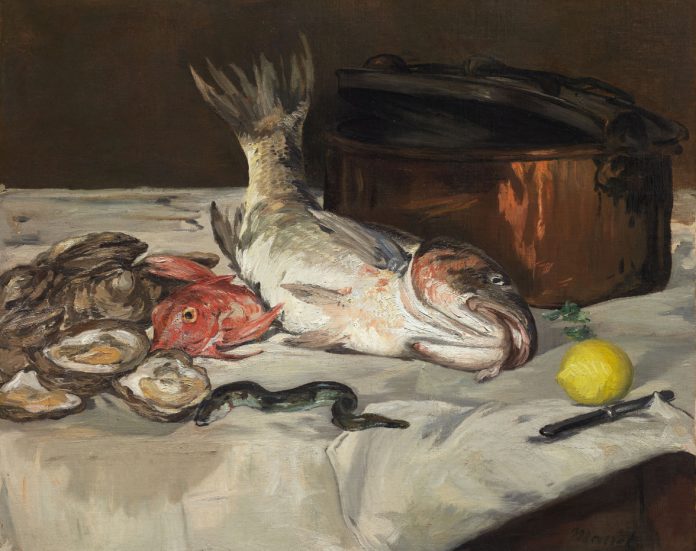
Impressionism Art On View > “One Each: Still Lifes by Cézanne, Pissarro and Friends” focuses on still life paintings by five French painters, all created in the mid-1860s, the formative years of Impressionism. This single-gallery special exhibition, organized in partnership with the Toledo Museum of Art, will be on view at the Cincinnati Art Museum through May 8, 2022.
Cincinnati Art Museum’s “Still Life with Bread and Eggs,” a masterpiece by Paul Cézanne, and Toledo Museum of Art’s equally significant “Still Life” by Camille Pissarro—cornerstones of two of Ohio’s great public art collections—form the basis of the exhibition. They are on view with a starkly confrontational still life of freshly caught fish and crustaceans from the hand of Édouard Manet, regarded as the father of modern painting, and another by the underappreciated artist Frédéric Bazille, paintings from the Art Institute of Chicago and the Detroit Institute of Arts, respectively. A rare early still life by Claude Monet from the National Gallery of Art rounds out the grouping.
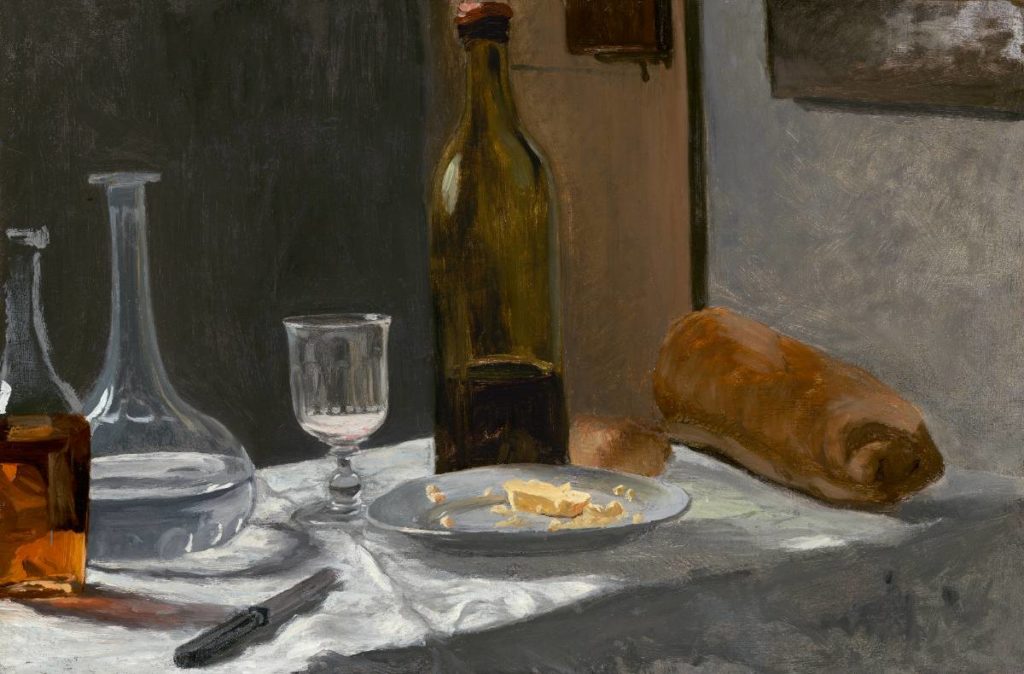
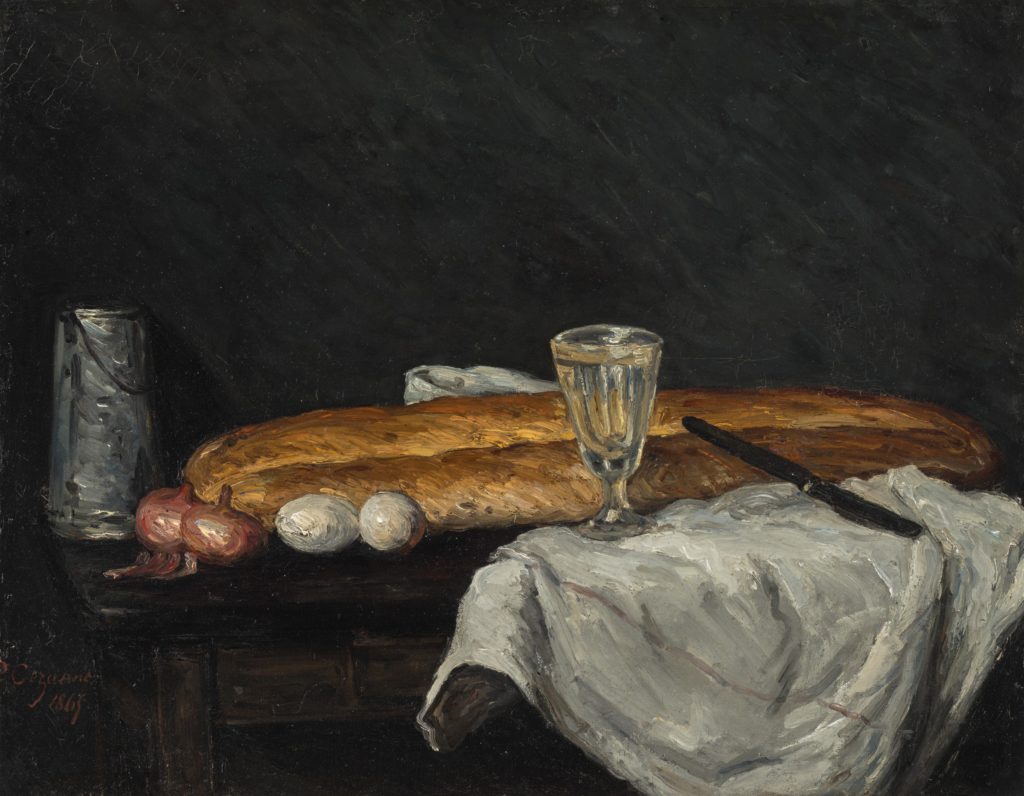
“The paintings in this exhibition, one each by five members of the Impressionist avant-garde, display their artists’ mastery of technique and upending of artistic convention at a precise moment in the mid-1860s. These innovations would have long-reaching effects on the conception and practice of art, making the paintings textbook examples and their makers household names,” says Dr. Peter Jonathan Bell, Cincinnati Art Museum’s Curator of European Paintings, Sculpture and Drawings. Bell organized the exhibition along with Lawrence W. Nichols, Toledo Museum of Art’s William Hutton Senior Curator, European and American Painting and Sculpture before 1900.
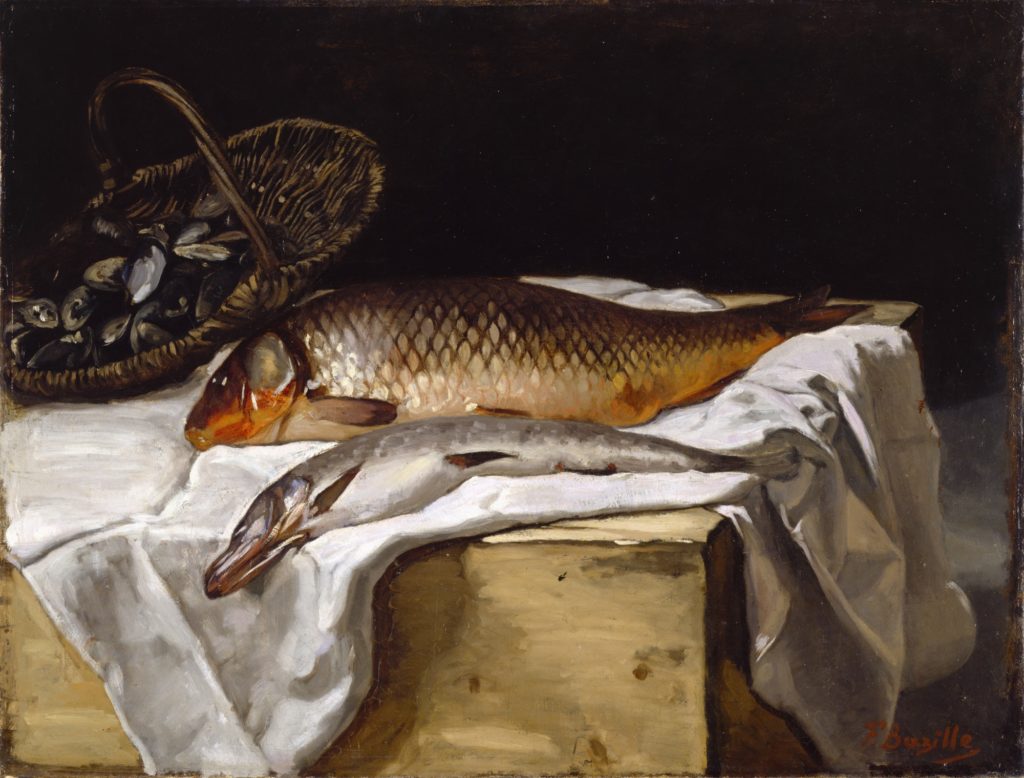
Two works from the Cincinnati Art Museum’s permanent collection add historical context to the Impressionist paintings: a work by Pieter Claesz, a seventeenth-century Dutch painter renowned for his realistic still lifes, and a Cubist work by French painter Georges Braque, which reflects the Impressionists resounding influence in the twentieth century.
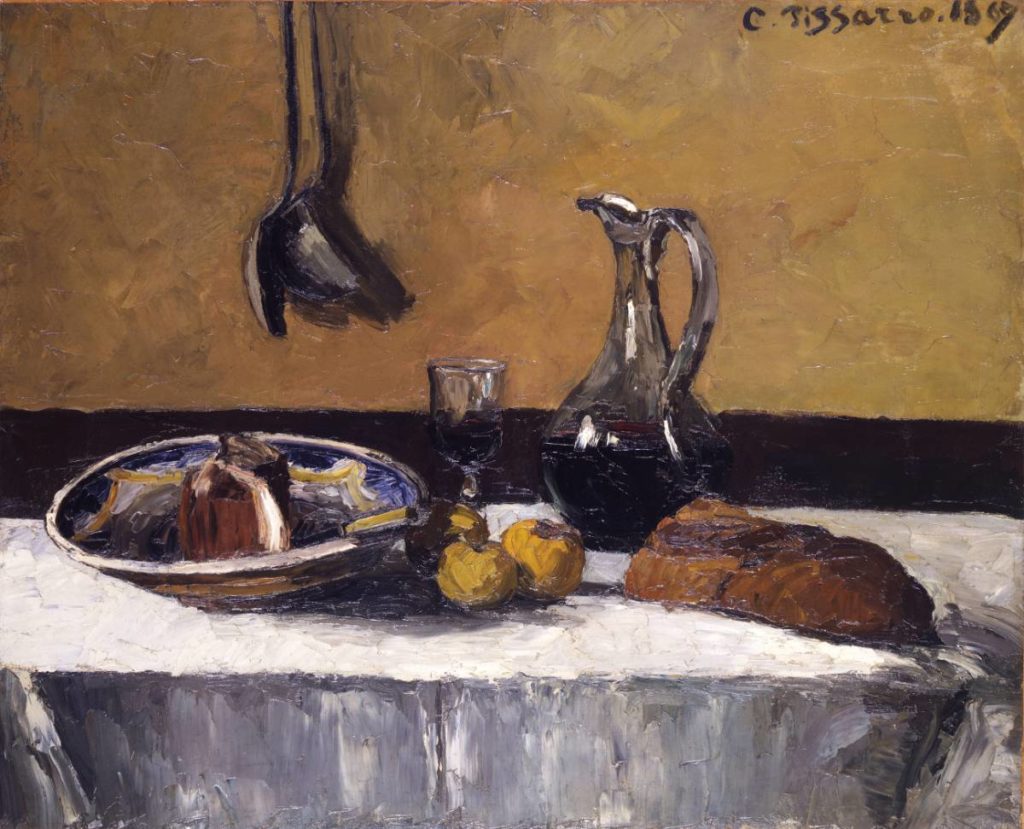
“The exhibition’s core works from the 1860s are thematically tight: arrangements of food and tableware. These extraordinary works reflect their artist’s obsession with the instantaneous quality of observing the world around us—light, movement—and translating that into paint on canvas. They achieve this in astounding and unprecedented ways,” said Bell.
> Visit EricRhoads.com to learn about more opportunities for artists and art collectors, including retreats, international art trips, art conventions, and more.
> Sign up to receive Fine Art Today, our free weekly e-newsletter, featuring Impressionism, Contemporary Realism, and more
> Subscribe to Fine Art Connoisseur magazine, so you never miss an issue


